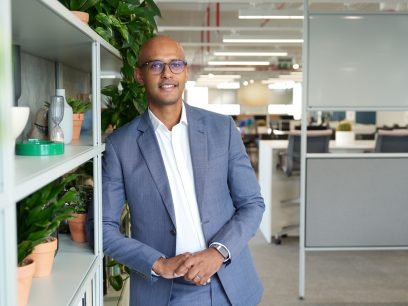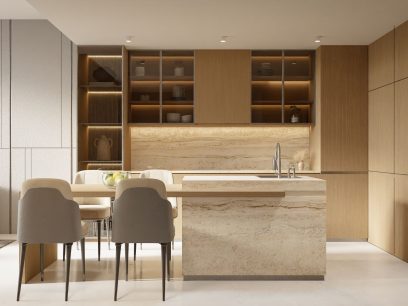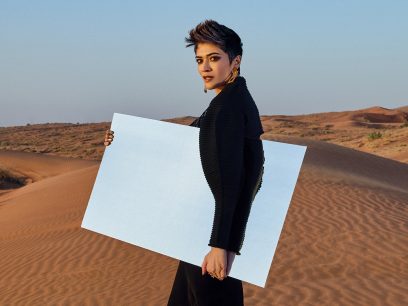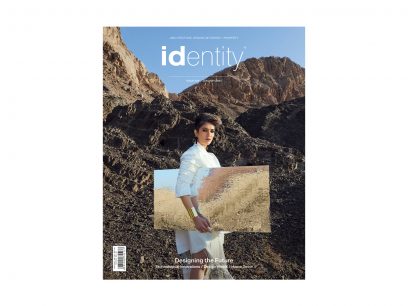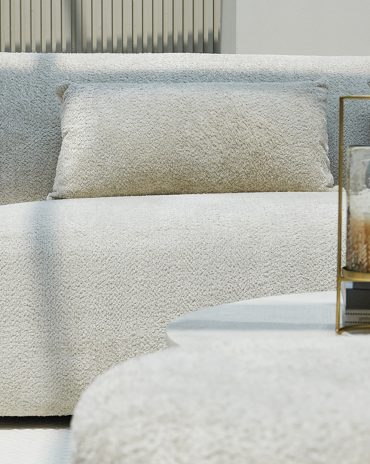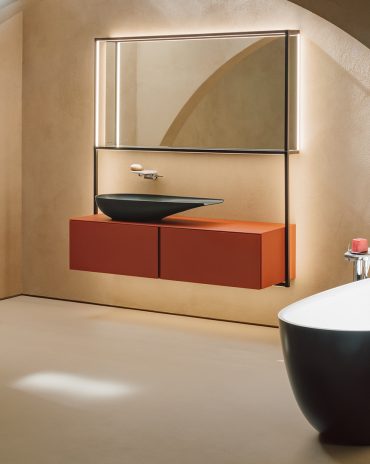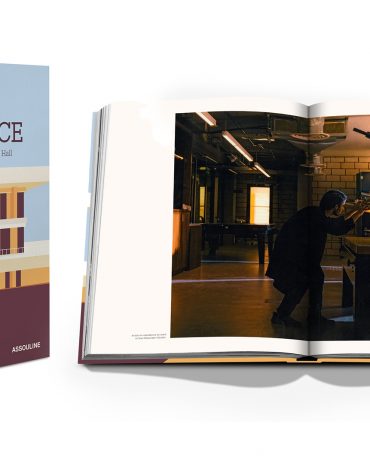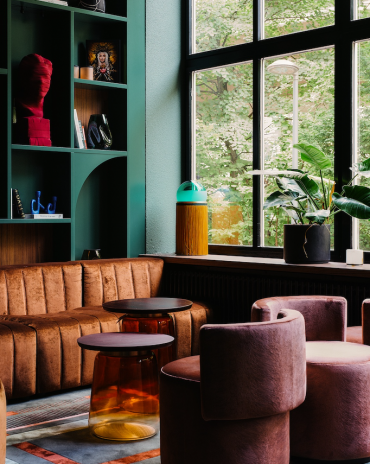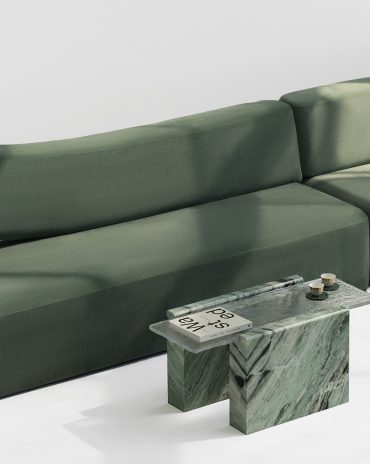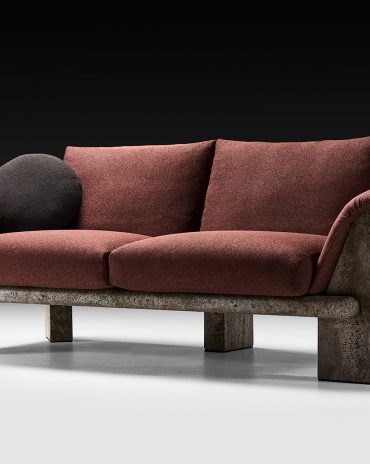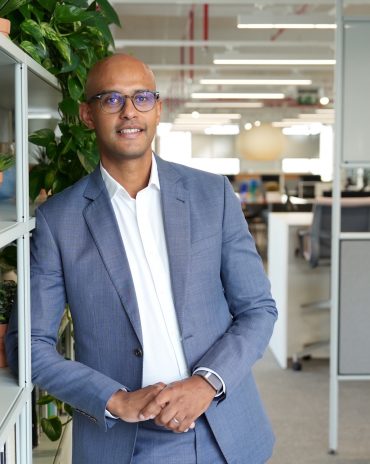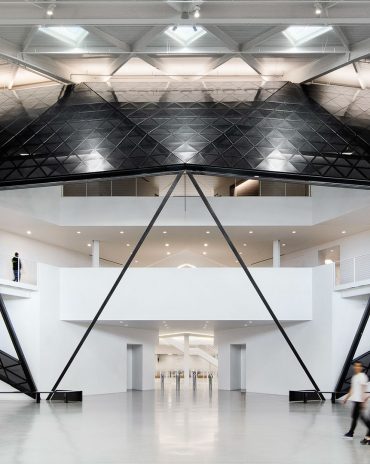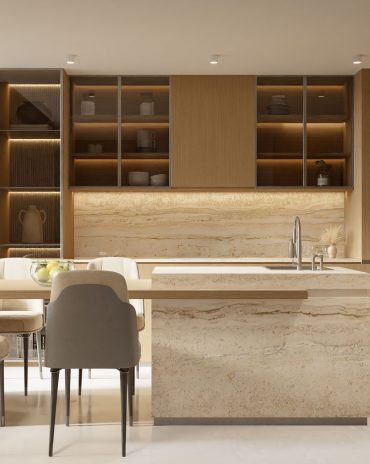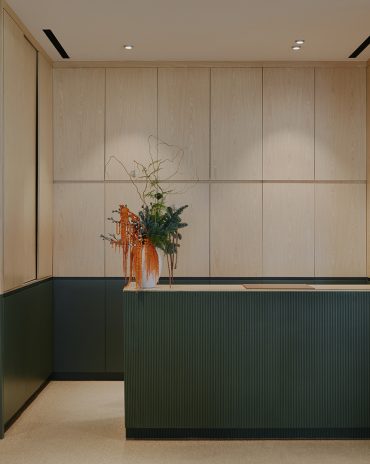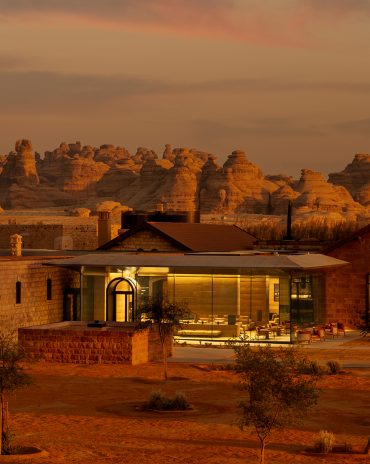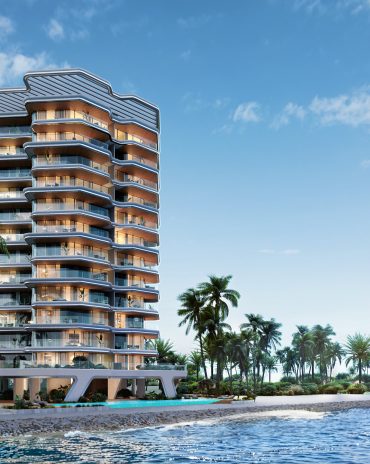Copyright © 2025 Motivate Media Group. All rights reserved.
Etienne Bastormagi creates spaces and design pieces that reflect his quest for minimalism
The Beirut-based designer considers sustainability and functionality in all projects
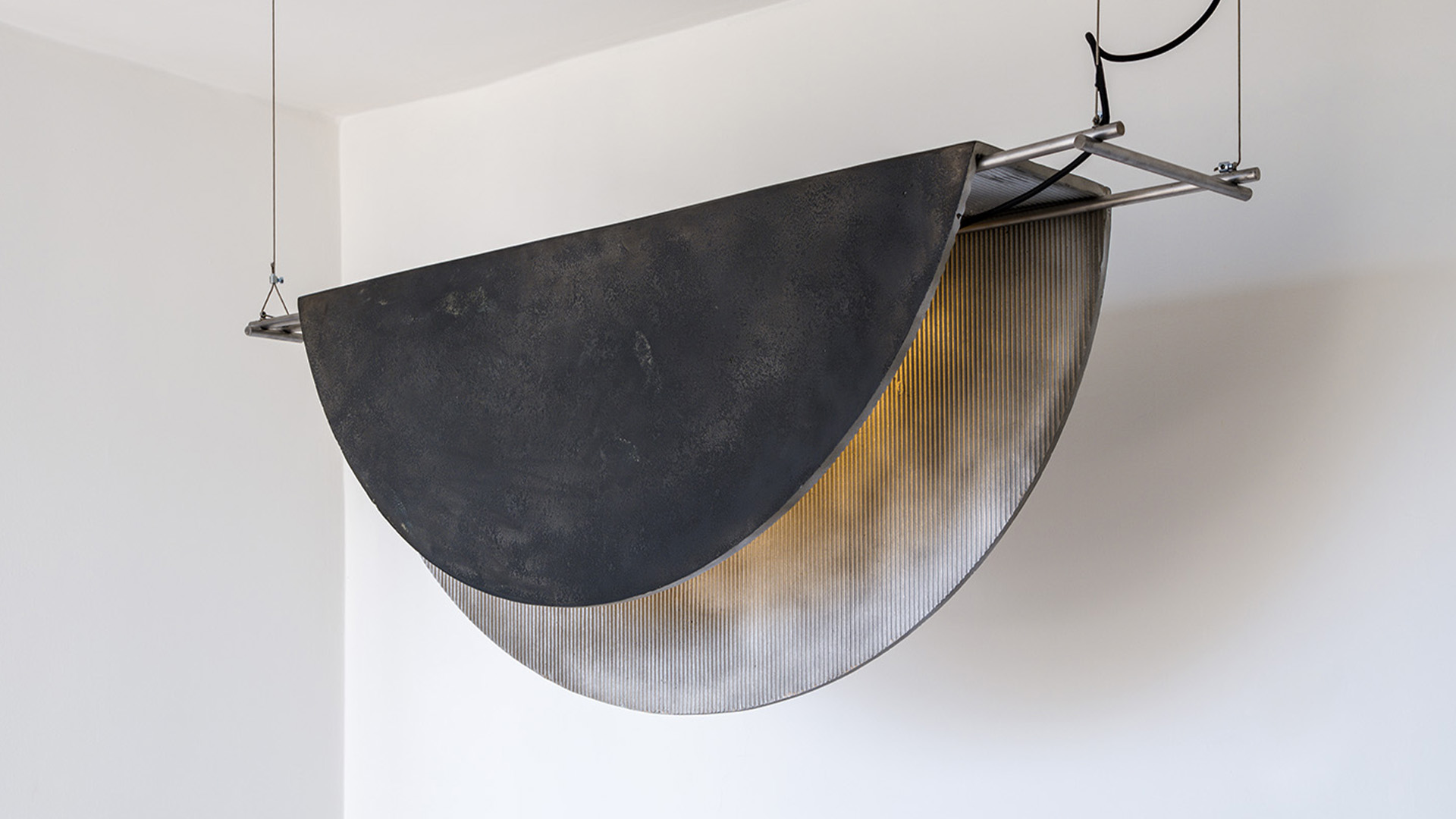
Some of our earliest childhood experiences strongly impact our adult life. Beirut-based Etienne Bastormagi has a deep understanding of how this has played out for him. “As a kid, I was always around machines making industrial pieces (such as ovens and fridges),” he reflects. “My grandparents worked in the industry and my mother had a gallery, so I combined both ends into what I thought an architect would be.”
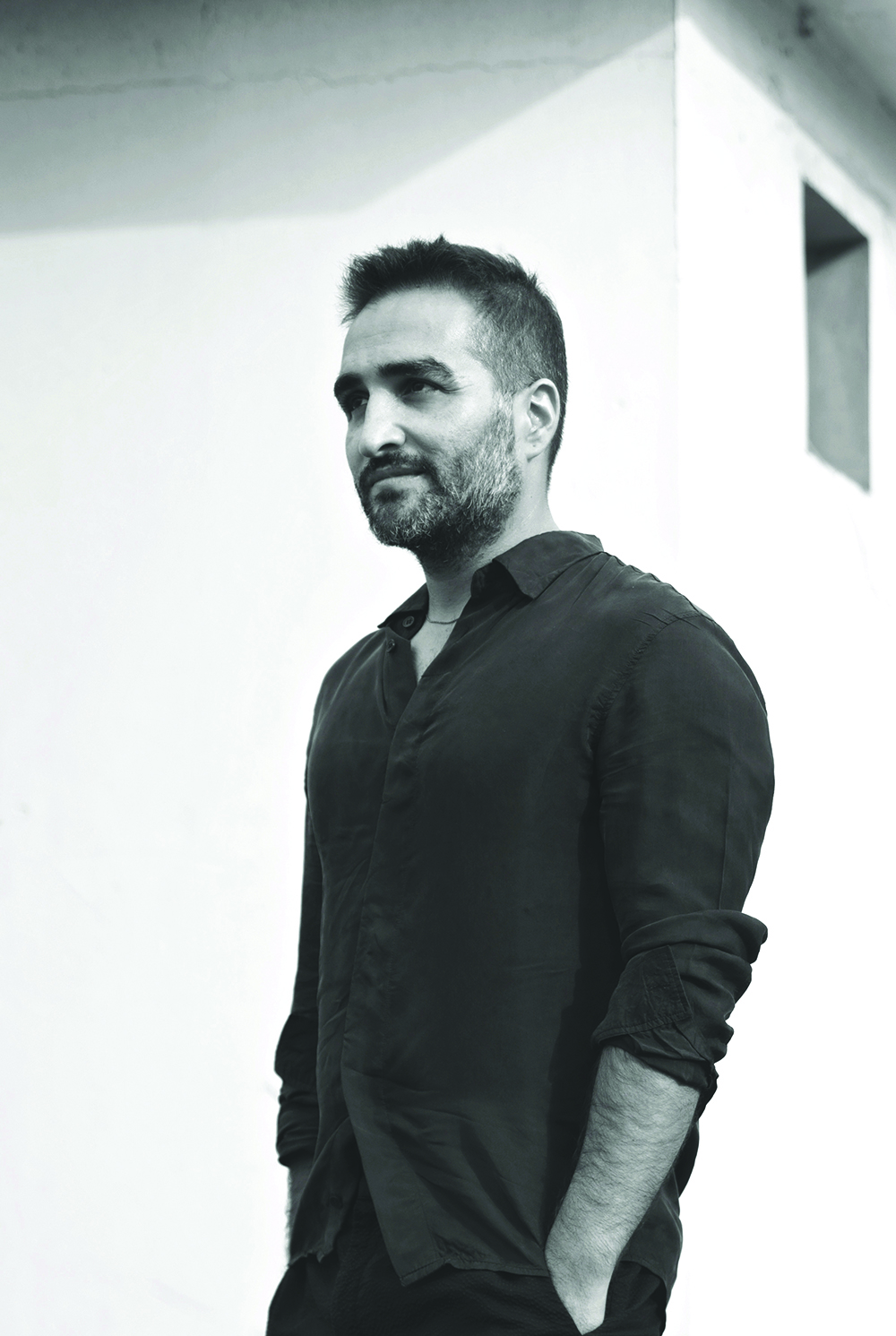
Difficult moments have also nurtured his first design memories. “I remember running around stainless steel folding machines,” says Bastormagi. “They acted as protectors during the war, as we used to hide within them. Later, I was fascinated by their scale and the things that were made by them.”
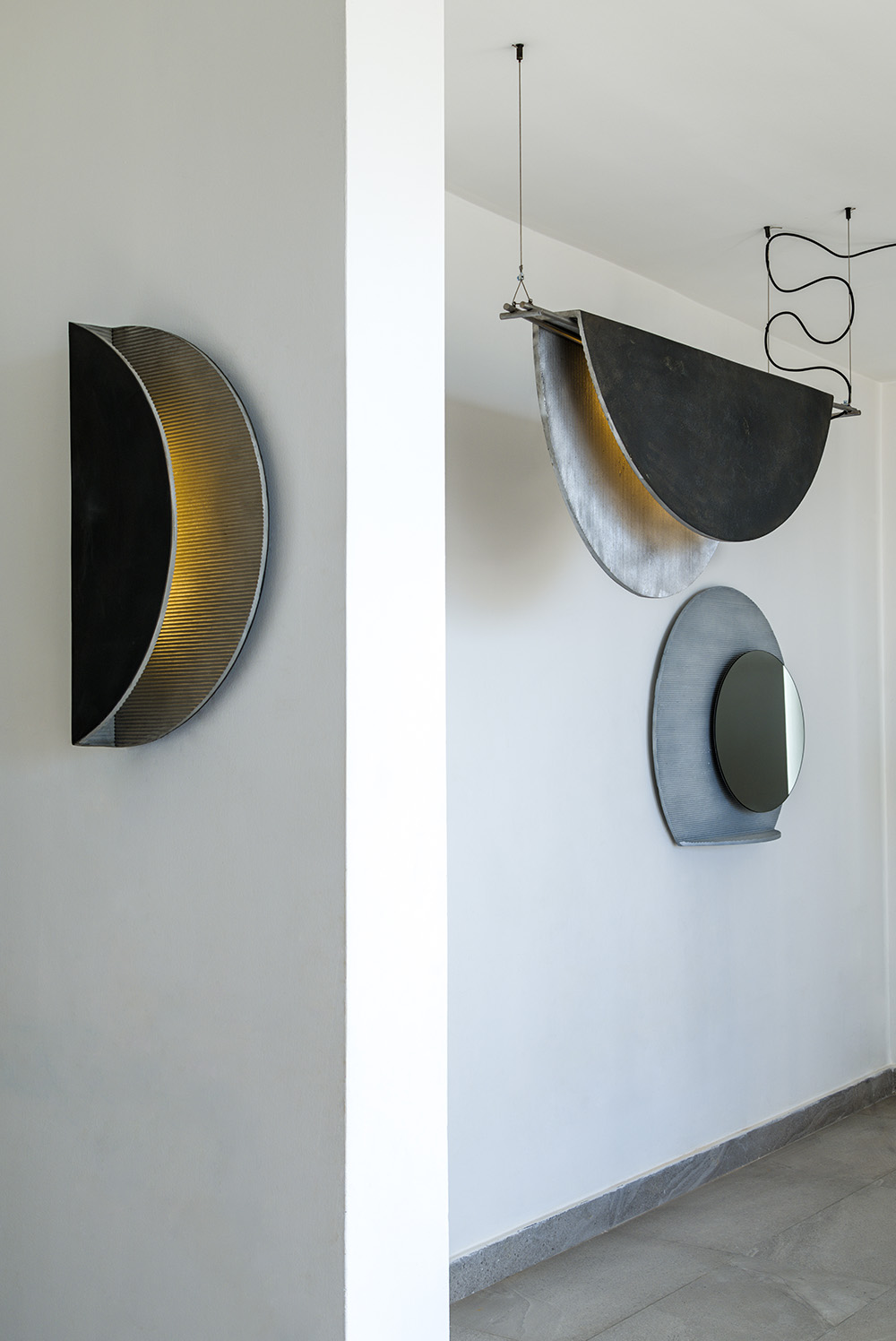
Today, exploring and researching are part of Bastormagi’s daily life. Whether imagining a masterplan, a building, a room or a product, the architect confesses to striving to create emotions, to give importance to the handmade, and to consider both the sustainability and the functionality of every project he tackles. Case in point: his first solo collection, presented during the 2023 edition of Milan Design Week, which includes several lamps and a mirror – all made entirely of metal.
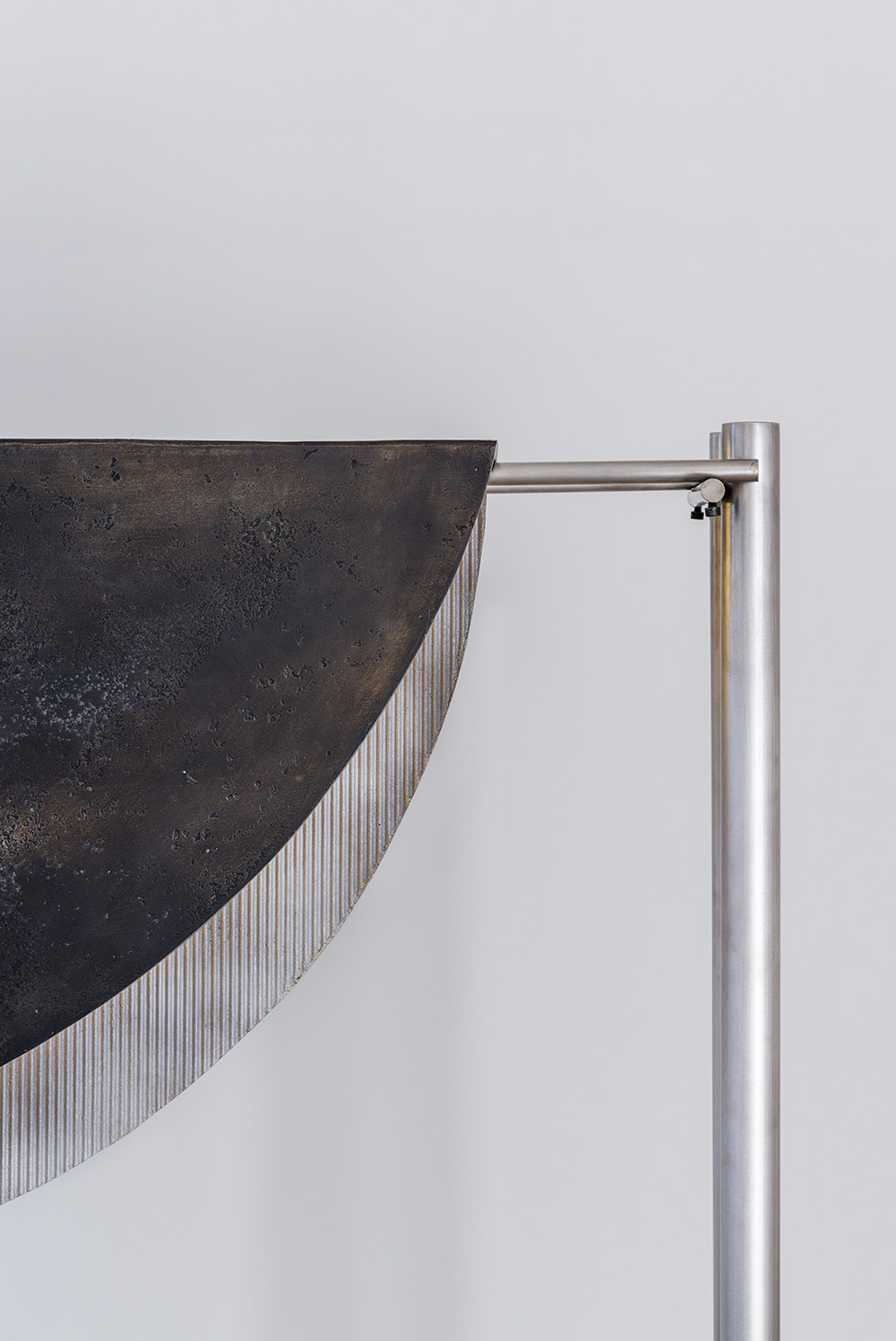
“I have always been fascinated by the moon,” says Bastormagi. “This is what inspired [my project] ‘660.3 Degrees, Cast Poems’. It is an exploration, a tactile journey between a material – aluminium – and all its potential. The work focuses on shadows and textures, revisiting a perpetual investigation of gravity and fragility, like a moon that sometimes hides, sometimes reveals its secrets. “This approach interprets our relationship with the cosmos at a time when space travel is becoming accessible and humans seek to understand the universe around them,” he continues. “Each piece becomes a language and merges with the observer’s eye. The object on a wall, suspended or in a larger context, is in direct communication with architecture.”
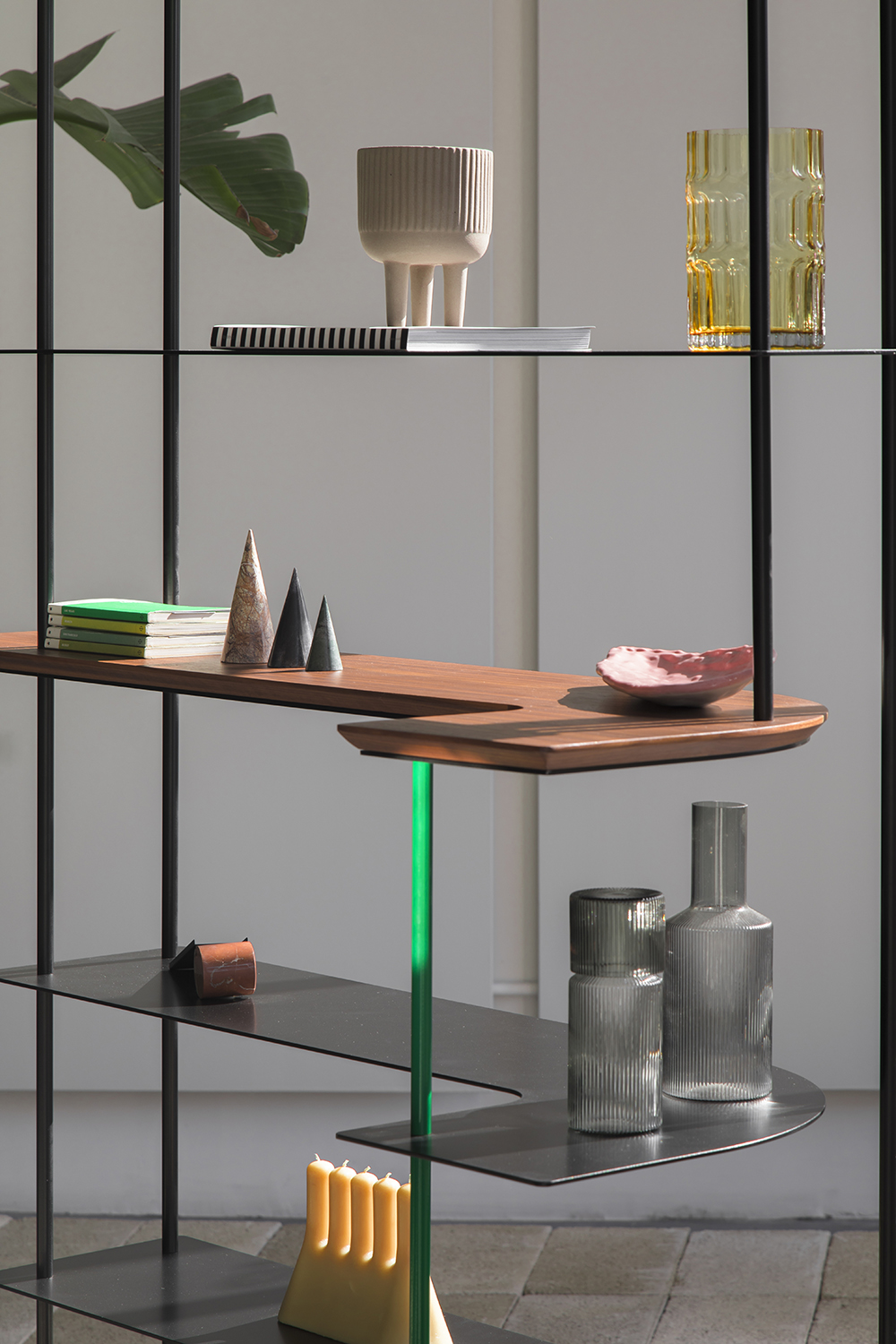
In addition to aluminium, Bastormagi also uses a wide range of materials, from iron to stones. “I like the colours of raw material and combining them with vibrant contrasts,” he says. For example, concrete and white finishes are very present in his spaces, and black metal often adorns his pieces.
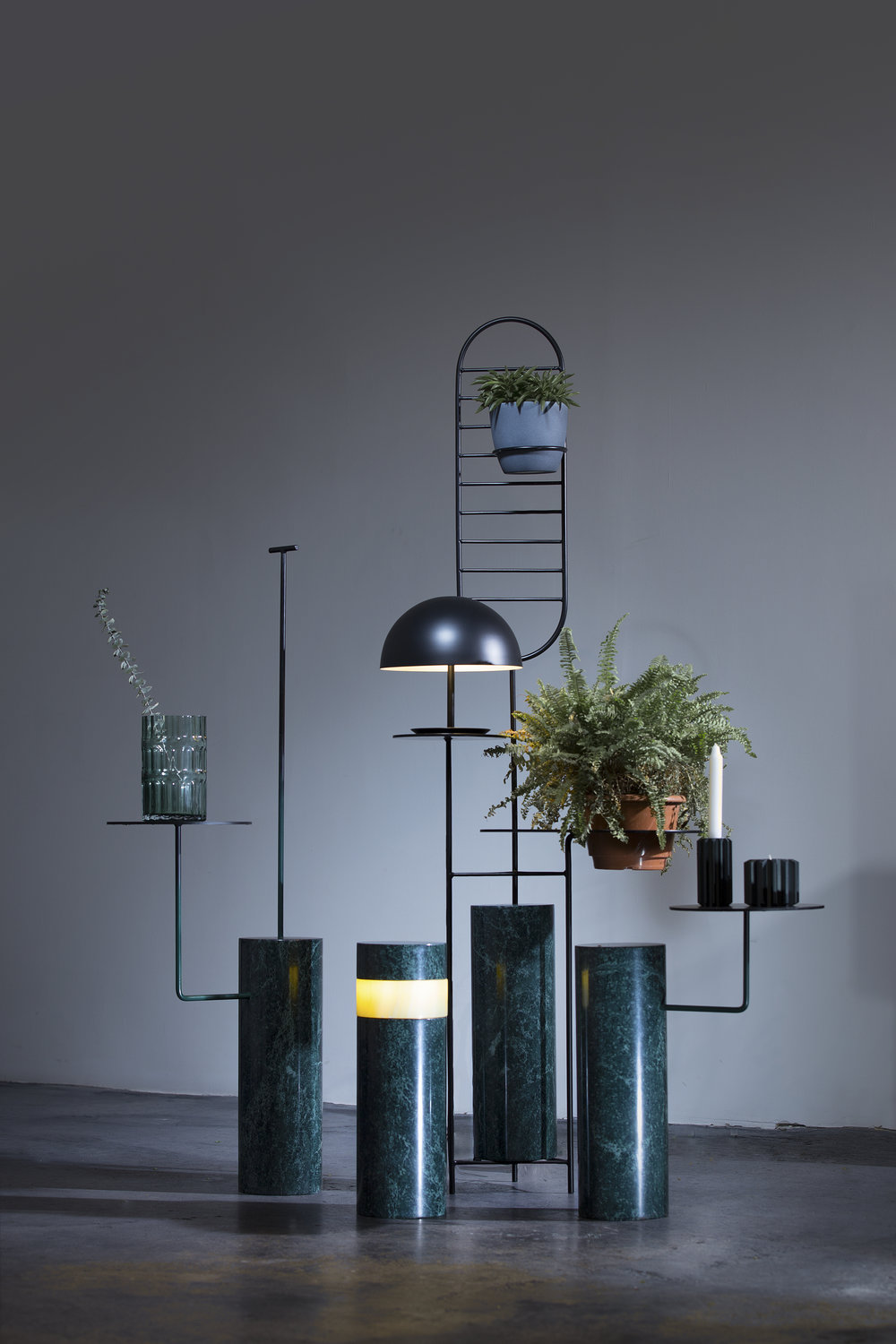
Inspired by brutalist architecture, Bastormagi has a deep appreciation for geometry in general, as exemplified through the shapes and structured lines that characterise his projects. His creative process involves a lot of discussion –with colleagues, artisans and clients – and drawing, which he considers to be key. “I want to create contemporary places or pieces that respond to today’s needs [with] a minimalist approach and with an industrial feel,” he says. Whatever Bastormagi is currently working on – design pieces or residential and retail projects which are soon to be revealed – he remains strongly nurtured by his origins and past.
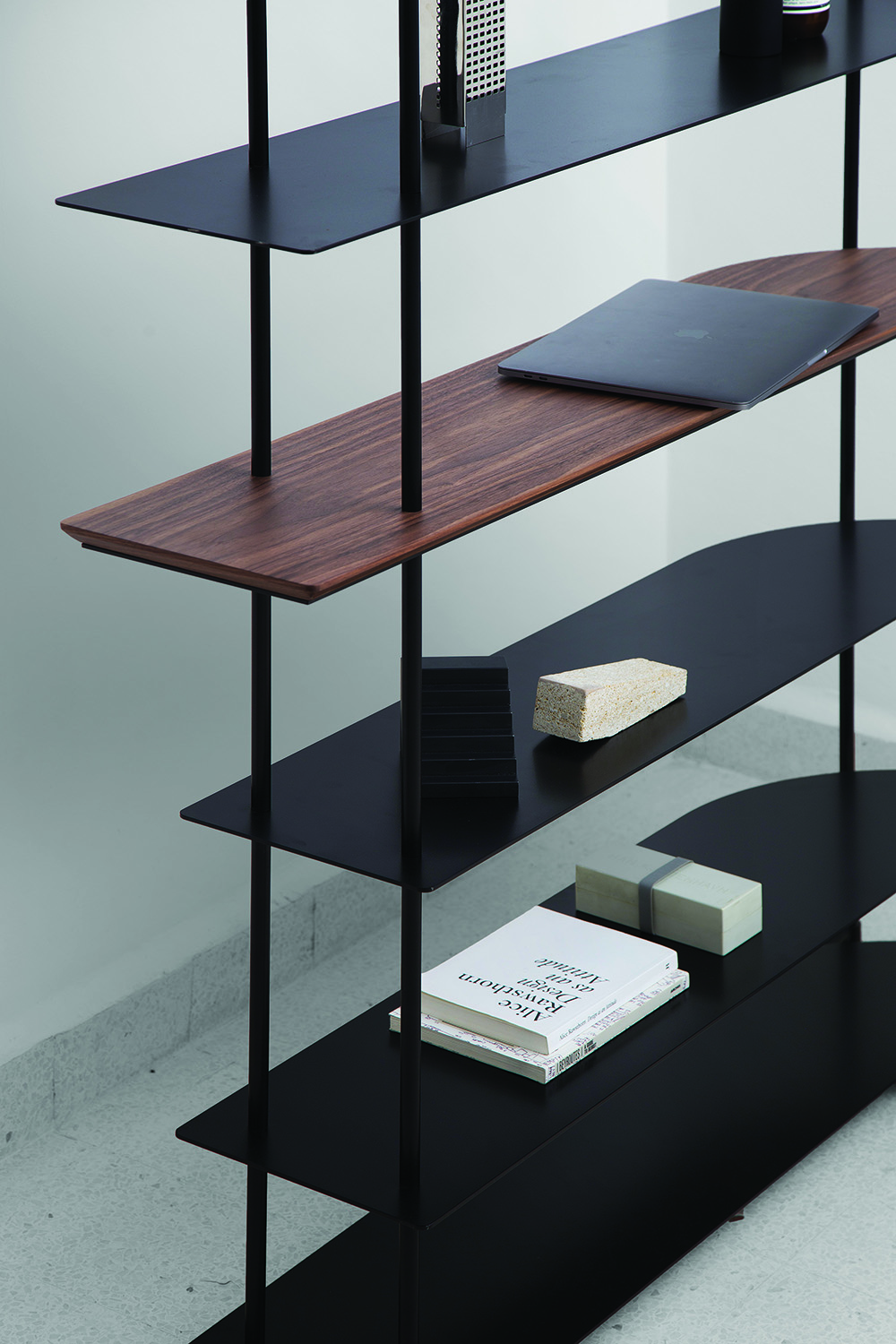
“I am from a place of chaos and a lot of natural light,” he says. “Both the urban environment and the shadows are influences for me. Fragility reflects the status of the people living here. Most of my work defies gravity and plays on that notion.”
The Latest
Textures That Transform
Aura Living’s AW24 collection showcases the elegance of contrast and harmony
Form Meets Function
Laufen prioritises design, functionality and sustainability in its latest collections
Preserving Culture, Inspiring Creativity
Discover the Legacy of a Saudi Art Space: Prince Faisal bin Fahd Arts Hall explores the Hall’s enduring influence on the cultural fabric of Saudi Arabia
Channelling the Dada Spirit
Free-spirited and creative, The Home Hotel in Zurich injects a sense of whimsy into a former paper factory
id Most Wanted- January 2025
Falaj Collection by Aljoud Lootah Design
Things to Covet in January
identity selects warm-toned furniture pieces and objets that align with Pantone’s colour of the year
Shaping the Future of Workspaces by MillerKnoll
Stacy Stewart, Regional Director Middle East & Africa of MillerKnoll discusses the future and evolution of design in workspaces with identity.
Shaping Urban Transformation
Gensler’s Design Forecast Report 2025 identifies the top global design trends that will impact the real estate and built environment this year
Unveiling Attainable Luxury
Kamdar Developments has launched 105 Residences, a new high-end development in Jumeirah Village Circle.
The Muse
Located in the heart of Jumeirah Garden City, formerly known as ‘New Satwa’, The Muse adds to the urban fabric of the area
Cultural Immersion Meets Refined Luxury
The Chedi Hegra opens its doors in AlUla’s UNESCO World Heritage Site
Redefining Coastal Luxury
Sunshine Bay on Al Marjan island combines seaside views, exceptional design, and world-class amenities to create a unique waterfront haven

